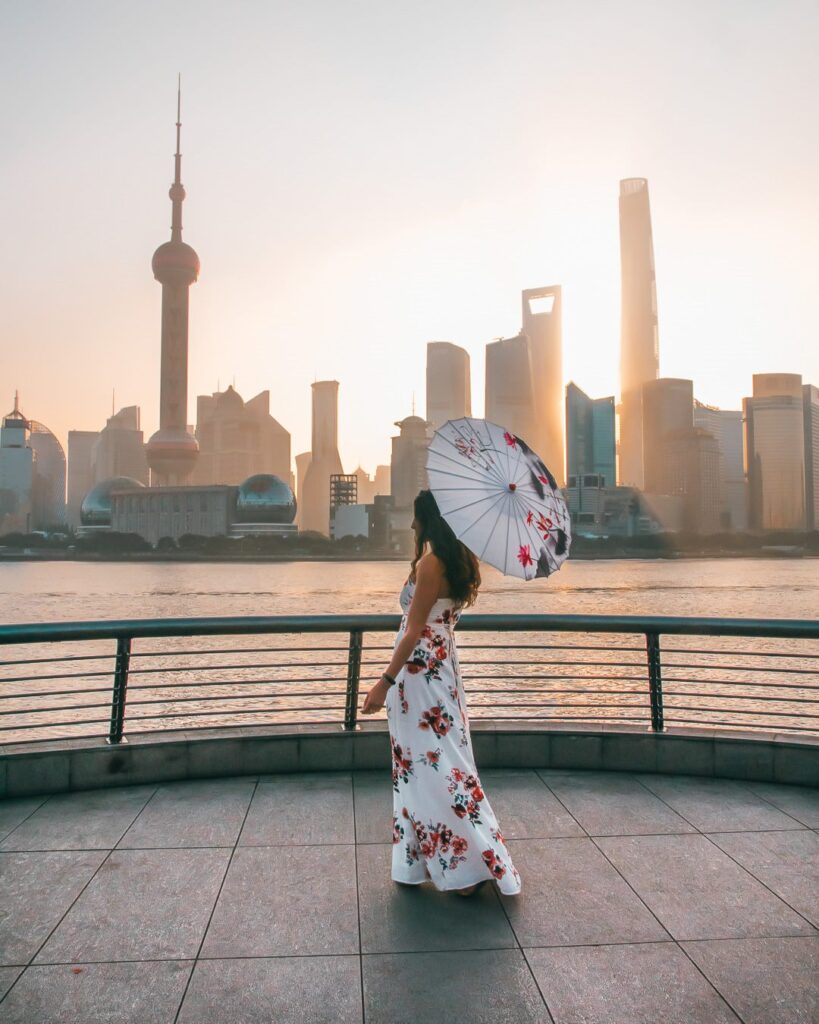China survival guide
I have a passion for China and have been there 6 times. My favorite place in the world is Shanghai and I want to show you the real China through my eyes. China lives in its own world, and it can be quite overwhelming as a first time visit. There are a bunch of things that need to be considered before traveling to China to make your experience easier and a whole lot better. They are all covered in this guide!
This post contains affiliate links. When you click these links I may get a small commission that won’t cost you anything, but it helps me run this website.
Must-know before going to China
China is not the easiest country to navigate. Not only because of the Chinese language and its complex characters which look like intimidating drawings. You might have also heard of the Great Firewall of China which prevents access to the outside world of all known apps to you - from your Gmail to social media and Wikipedia. China operates on its own wavelength and you'll need to re-learn how basic things such as payments and messaging are handled. granted this is a small inconvenience but worth going through for the sake of a fantastic experience to this very diverse country.
Many people opt for organized tours or just visiting Beijing and Shanghai as they are more Westernized. However, China is so much more than these two cities. And more is possible to explore if you have the right tools. So, let's dig right into it!
visas for china
Visas are a complicated process, I’ll give you the tourist visa basics here and you'll need to check what applies for your country.
72/144 hour visa-free transit
Foreign nationals from 54 countries are currently eligible for the 72/144-hour transit visa-free policies which are effective at 31 ports in 23 cities of 18 provinces in China. Passengers from these countries holding valid international travel documents and interline tickets with confirmed dates and seats, who are going to transit to third countries (or regions) via China within specific time frames, can apply for visa-free transit at the entry/exit border inspection authorities in the designated visa-free transit city ports. Please check whether your arrival airport is on the list of approved ones for visa-free transit.
30 day visa-free for certain passport holders
From July 1, 2024, to December 31, 2025, China has decided to implement a unilateral visa-free policy for ordinary passport holders from more than 20 countries: Germany, France, Italy, the Netherlands, Spain, Malaysia, Switzerland, Ireland, Hungary, Austria, Belgium, Luxembourg, New Zealand, Australia, Poland, Slovakia, Norway, Finland, Denmark, Iceland, Andorra, Monaco, Liechtenstein, Bulgaria, the Republic of Korea and more. Sadly, Sweden is not on the list.
Citizens holding ordinary passports from the above countries who come to China for business, tourism, family visit and transit purposes for no more than 15 days can enter China without a visa. People from the above-mentioned countries who do not meet the conditions for visa exemption still need to apply for a visa before entering China.
visa
If you do not meet the requirements, you will need to apply for a Chinese visa. Refer to your country's Chinese Embassy or Consulate for more information on the visa process.
currency and payments
The currency is Chinese Yuan (CNY), also known as Renminbi (RMB).
cash
Don't take out a lot of cash as many places are cashless and only take mobile payments. Some small street vendors still take cash. For a 2-week trip, I wouldn't bring more than 2000 RMB cash.
Card
China skipped the credit/debit card craze and jumped directly to mobile app payments. With that said, some international chains and hotels in the big cities will still accept international card payments, however it is not common. Do not rely on being able to pay directly with a card. Check below what to do instead!
Mobile payments
China lives on Alipay and WeChat Pay. Set them up before going to China. You can link your card and I recommend you download both apps. I found Alipay working a bit better when it comes to linking a foreign card.


Must-have apps in China
If you're living in or visiting China, having the right apps can make your experience much smoother, given the unique digital landscape and restrictions. Here’s a list of must-have apps for daily life in China:
vpn!!!
I cannot stress this enough. 🙂 Many international websites and apps are blocked in China (e.g., Google, Instagram, TikTok). A VPN is essential for accessing these services, though be sure to install and set it up before arriving in China, as many VPN apps are also blocked.
I use Windscribe and Astrill. Another good one to use is ShadowRocket. However, Astrill and ShadowRocket are not free.
alipay 
Both your cashless app AND transport app. You can activate the transport function and scan your transport QR. You don't need a separate physical transport card.
wechat 
With 1.3 billion monthly users, WeChat is the primary communication app in China. You will need this to communicate with hotels, tour operators, get bubble tea via its mini apps. Pro tip: enable auto-translation on messages in WeChat.
DIANPING 
Food reviews powerhouse. It has a lot of reviews so you will get very reliable ratings. You can also use it as a mini app via WeChat. It is also used to get queue numbers in restaurants, but that requires a Chinese phone number.
DIDI 
China's largest ride hailing app is similar to Uber or Grab. It is relatively cheap and has an English interface. You can pay by linking a foreign card or your Alipay. Pro tip: avoid using Didi(or taxi for that matter) during peak hours in congested areas, use the metros.
trip/CTIP 
Takes care of all your travel needs! Book hotels, attractions, and train tickets. Previously, there was an extra requirement for hotels that was needed to be fulfilled by the hotel to accept foreigners. That policy is now cancelled but some hotels might still be a bit hesitant and decline foreigner guests. Best is to check on each hotel's page on trip or choose a larger hotel chain.
12306 
The official website and app for China's train system. Both have an English interface. You will need to create a profile and upload a photo of your passport to register to buy tickets. Once you have a train ticket, you don't need to get your ticket from the ticket office, you can scan your passport at the train station gates. The tickets will be connected to your passport.
12306 has cooperation with Trip, if you do not want to have this app or you have some issue as part of the real name verification in the app, you also can buy train ticket in Trip as a foreigner.
Book a train ticket on Trip here.
Translation apps
I use an offline downloaded version of Google Translate for simplified Chinese. It works well most of the time. If you want to use it directly and not offline, you'll need VPN.
Other good translation apps are Pleco, Apple Translator, and Baidu Translate.
taobao 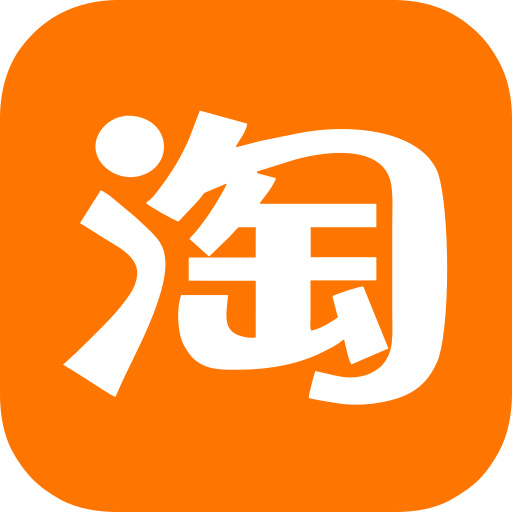
China's leading online shopping platform. You can find just about anything you desire on Taobao. It is like China's Amazon, but better and cheaper. You will also need a Chinese phone number for it.
RED/ XIAO HONG SHU 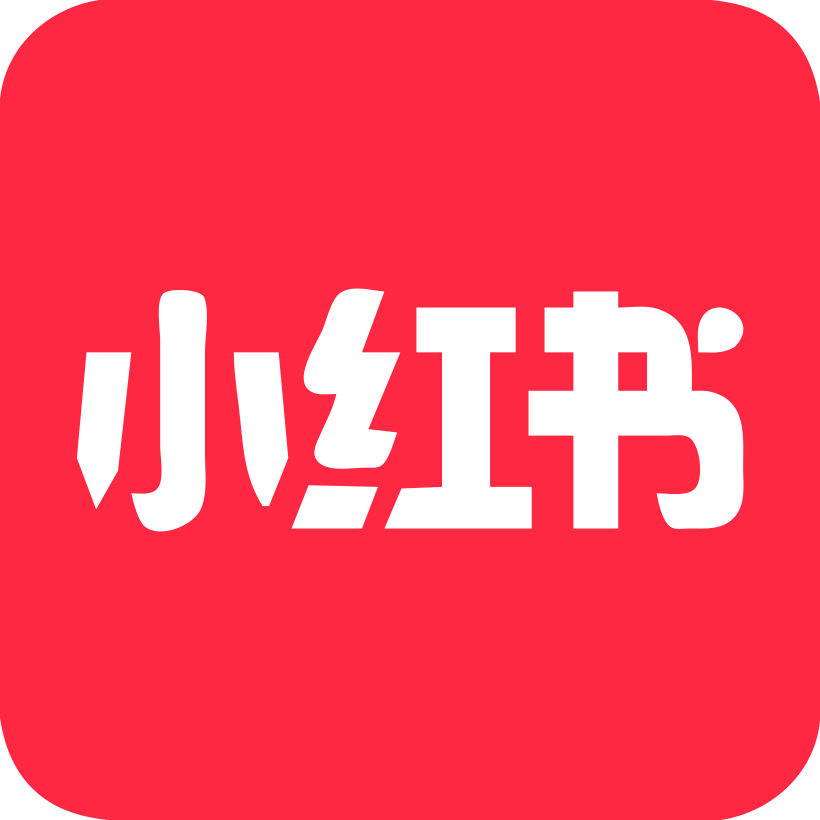
Most of my trip research is done on Xiao Hong Shu. Most of it is in Chinese but you can search for a city name and get good city walk examples and you can paste the details in any translation app. It's like Chinese Instagram.
Mei tuan 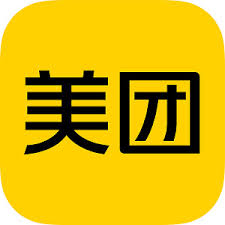
Food delivery app, it requires a Mainland/Hong Kong or Taiwan number.
Maps  /
/
Unfortunately, Google Maps is not reliable in China as it is blocked, so here come some alternatives. If you have an iPhone, you can use Apple Maps and it works like a charm. If you don't have an iPhone, you can get Gaode Maps (also known as Amap) or Baidu Maps. Both are in Chinese and require a Chinese phone number. Gaode recently got an English interface, and you can fill in an address in English and the map will guide you there.

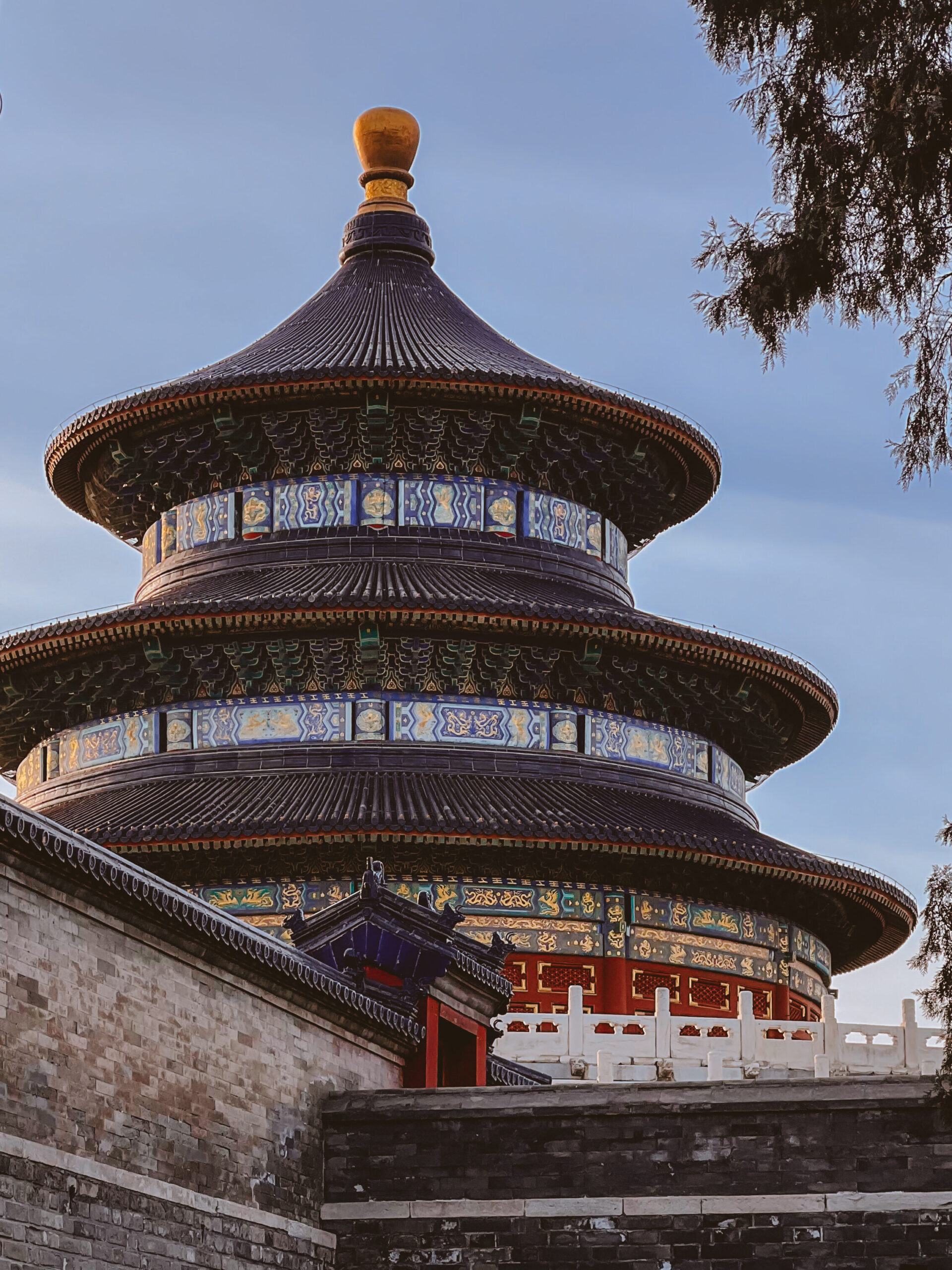
the language barrier
Probably the largest language barrier I have ever experienced.
In Beijing and Shanghai, you'll meet people that speak English, but not all. The road signs have pinyin together with the Chinese characters. Metros in larger cities have announcements in both Chinese and English. Very few menus in restaurants might have English translation. And some more might have pictures of the dishes. And that's about it with the understanding of what's happening around you in an understandable language. 🙂 Sounds scary, trust me, I know.
useful phrases
Learning how to say hello and thank you are widely appreciated. As a person that studies Chinese, learning the pronunciation is crucial and even providing Pinyin will not solve that, as Chinese is a tonal language, and you need to know how to read the pinyin too. However, here come some polite phrases that are easy to read and memorize.
| Greetings | Basic courtesy |
| Hello 你好 (Nǐ hǎo) | Thank you 谢谢 (Xièxiè) |
| Good morning 早上好 (Zǎoshang hǎo) | You're welcome 不客气 (Bù kèqì) |
| Good evening 晚上好 (Wǎnshàng hǎo) | Sorry 对不起 (Duìbùqǐ) |
| Goodbye 再见 (Zàijiàn) | No worries 没关系 (Méiguānxì) |
Don't travel during chinese national holidays
Try to avoid Chinese public holidays, you definitely don't want to compete with half of China for tourist spots, transportation and hotels. It is usually double the price too. China has multiple public holidays:
- Labor Day (first week of May)
- National Day (first week of October)
- Chinese New Year (varies, usually between January and February)
- Tomb Sweeping Day (15th day after the Spring Equinox, either 4, 5 or 6 April in a given year)
- Dragon Boat Festival (late May or early June)

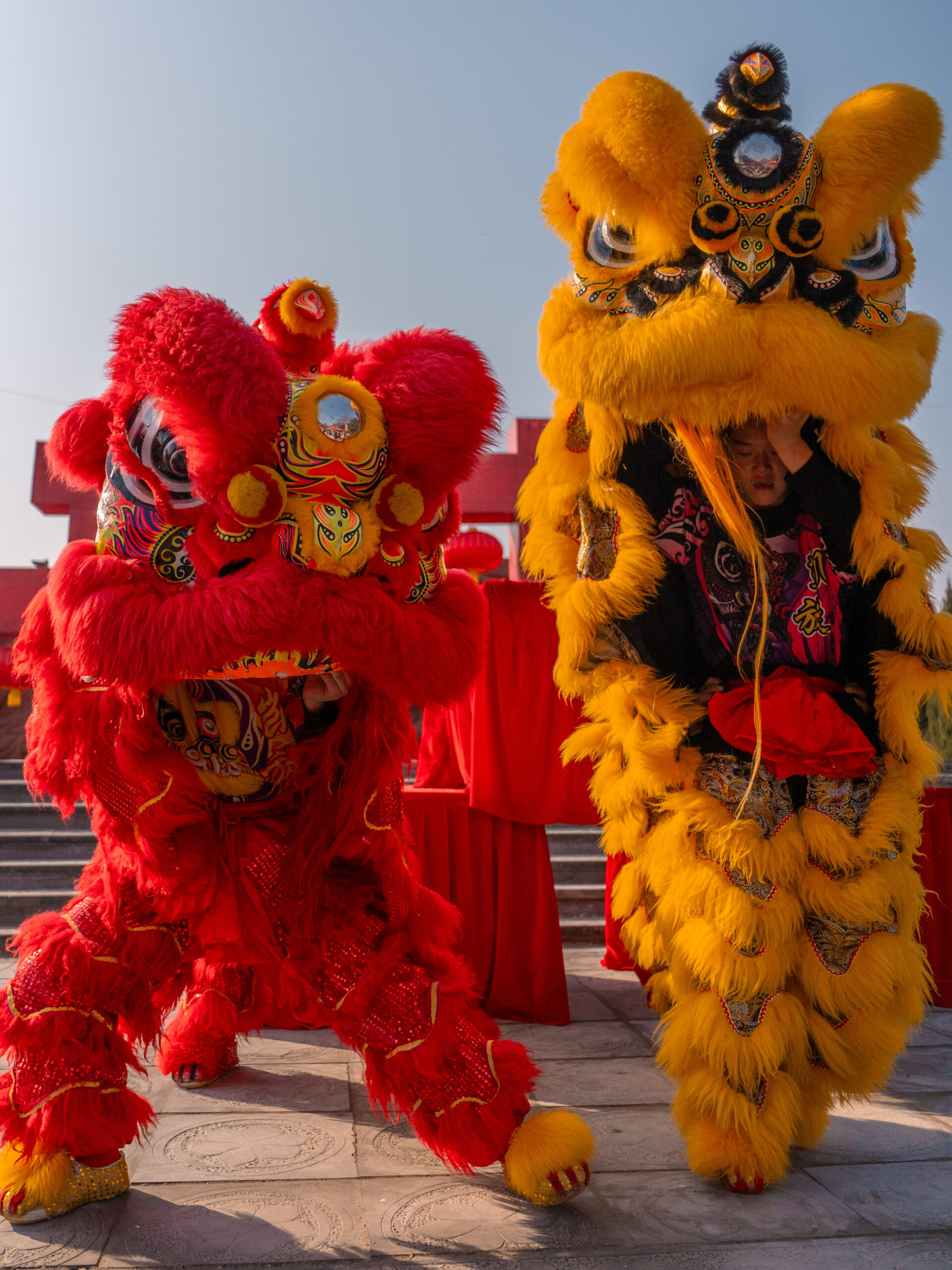
food
China is a meat-based country, and it is hard to survive as a vegetarian. There are not many options. Halal on the other hand is easy.
There are 8 recognized Chinese cuisine classifications and each of these cuisines comes from a different region of China and has distinct characteristics influenced by the geography, climate, culture, and local ingredients. There are also other regional cuisines contributing to the immense variety.
In a restaurant, people usually order dishes to share. It is common that one person orders for the whole table. You might be prompted to order via QR code. PRO TIP: when ordering water in restaurants, the water is HOT. Make sure to ask for cold water. See below for a sentence example.
Due to the cultural differences, there are some foods that foreigners can find odd, such as century eggs, stinky tofu, durian, chicken or pork feet, or internal organs. you don't have to try them if you do not want to. There are plenty of other dishes that include pork, beef, or chicken.
if you don't like spicy food, avoid Sichuan and Hunan cuisines as they are known for being spicy. It is quite hard to find non-spicy food there.
Below you can find some useful phrases you can show in a restaurant in case you have some food allergies/preferences:
I don't eat spicy food. - "我不吃辣的" (Wǒ bù chī là de)(if you try this in a Sichuan restaurant, maybe you will get weird looks as that's all what's on offer 🙂 )
I want cold water. "我想要冰水" (Wǒ xiǎng yào bīng shuǐ)
I am a vegetarian. - "我是素食者" (Wǒ shì sùshí zhě)
I eat halal food. - "我吃清真食品" (Wǒ chī qīngzhēn shípǐn)
Are there peanuts in the dish? - "这道菜里有花生吗?" (Zhè dào cài li yǒu huāshēng ma?)
When in doubt, choose dishes with easily identifiable ingredients, such as steamed vegetables, plain rice, and fresh fruit.
Chinese dining etiquette is important. Wait to start eating until the host begins, and don’t stick your chopsticks upright in your rice (it resembles incense sticks used at funerals).
Don't be afraid to try new foods, the best way to learn about a new country or culture is by sampling the local delights!
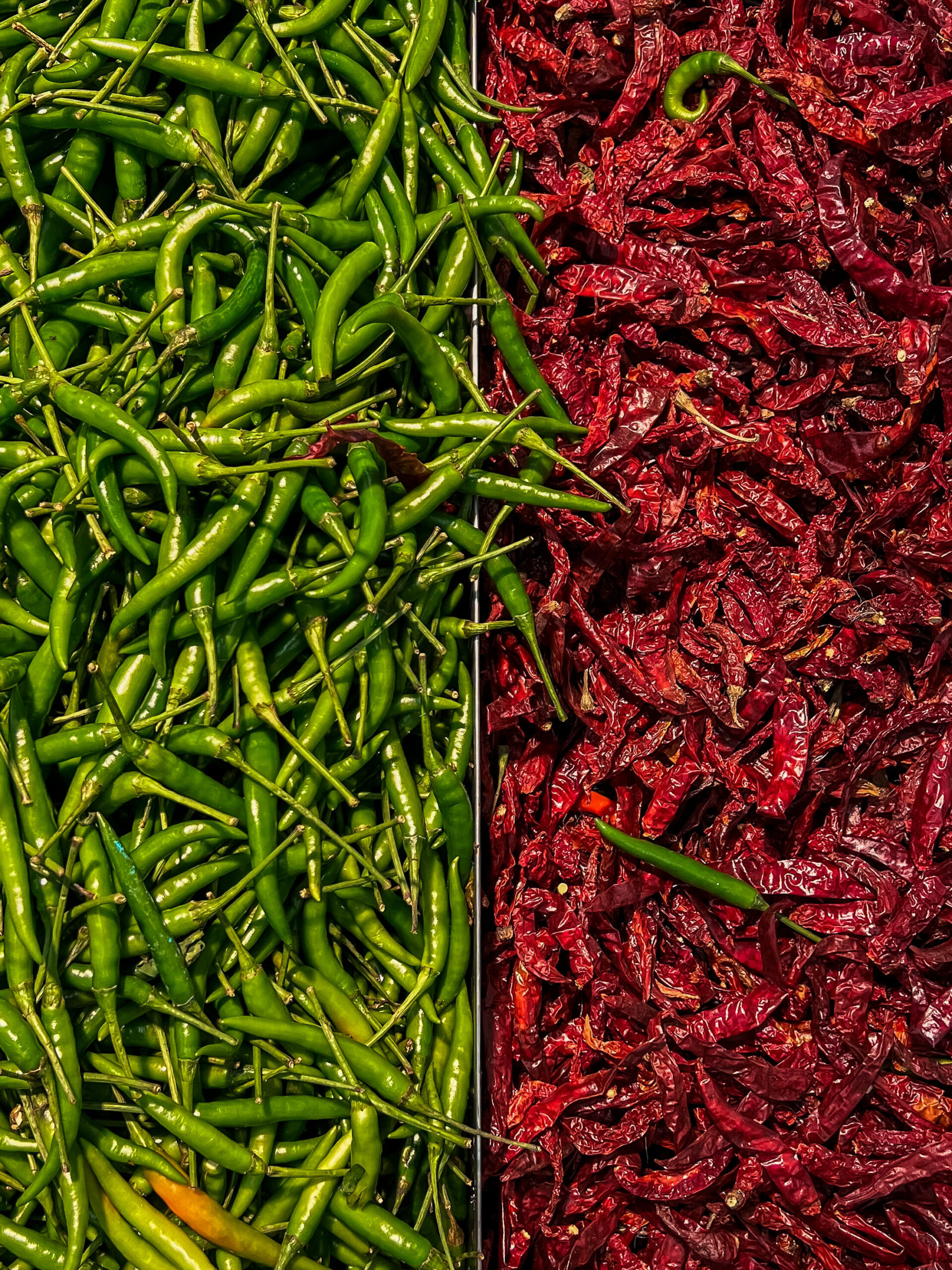
Practical tips
Save the name and address of your hotel in Chinese in case you need them. Didi can take English input as an address also.
Passport: Always keep your passport on you as you'll need it for various things, like entering a museum.
Water in restaurants: All the water you'll get in restaurants is HOT. Make sure to ask for a cold one (冰水 bing shui).
Wash of utensils: It is common to wash your bowls and chopsticks with the water or tea provided at the table.
Chinese keyboards: Install Pinyin and handwriting keyboards, you never know when they might turn in handy.
Police registration: It is a requirement in China to register with the local police in every new place you stay. If you are staying in a hotel, the hotel will do that for you. But if you are staying at a friend's home, you have 24 hours to register yourself with the local authorities.
Personal space: China is densely populated, so crowded places are common. Don’t be surprised by close proximity in public spaces.
Expect Security Checks: At train stations, subways, and some public places, you’ll encounter security checks. These are normal as there are simply too many people passing by.
Toilets: Public toilets may not have Western-style facilities. This means that most of them are squat toilets.
Toilet paper: Bring tissues with you as toilet paper is not common. Same for hand sanitizer.
final words
China is a whole new world and with these tips, you will be better prepared to navigate the challenges and embrace the wonders it has to offer. Happy China travels and welcome! 祝你的中国之行旅途愉快! ![]()
![]()
![]()
![]()



